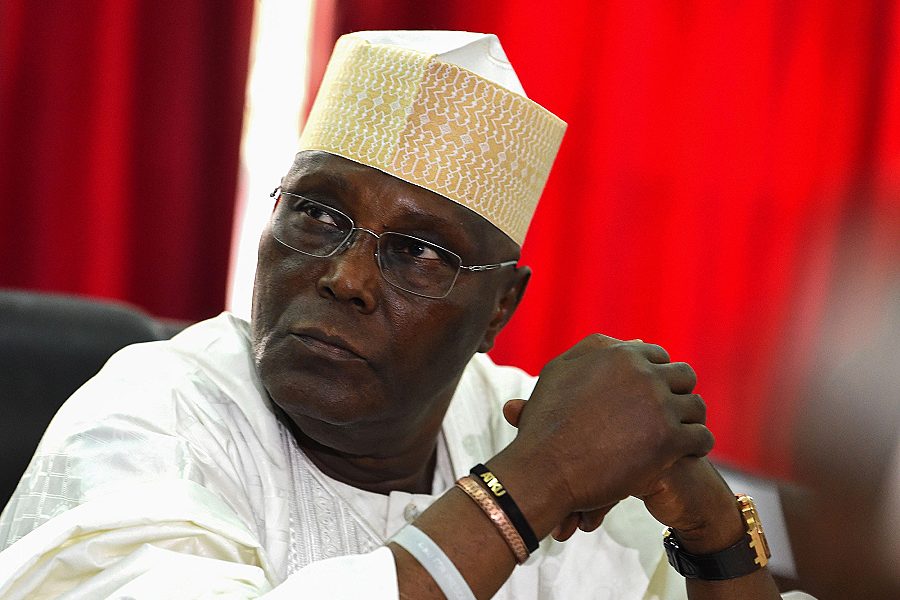The Lagos State division of Nigeria’s ruling All Progressives Congress (APC) has rejected claims by former Vice President Atiku Abubakar that the federal government is leveraging the Economic and Financial Crimes Commission (EFCC) to target political opponents ahead of the 2027 general elections. In a strongly worded statement released Tuesday, the party dismissed the allegations as “unfounded and misleading,” framing them as an attempt to undermine national institutions.
Seye Oladejo, the APC’s Lagos State Publicity Secretary, accused Abubakar of distorting facts to discredit anti-corruption efforts. “President Bola Tinubu remains firmly committed to upholding the rule of law,” Oladejo asserted, adding that the presidency has never influenced the EFCC’s operations. The party emphasized the commission’s independence, stating it acts “without political bias” and solely based on evidence.
The rebuttal highlighted perceived contradictions in Abubakar’s stance, recalling his past advocacy for anti-corruption initiatives during his tenure as vice president from 1999 to 2007. Oladejo condemned what he described as hypocrisy, alleging the opposition figure now seeks to “tarnish institutions working to sanitize Nigeria’s political and economic systems.” The APC spokesperson urged Abubakar to instead address lingering questions about his own record, pointing to public calls for accountability among former leaders.
With general elections three years away, the ruling party reiterated its confidence in electoral competitiveness, rejecting claims of relying on underhanded tactics. “The APC does not need illicit methods to win elections,” Oladejo stated, attributing public support to governance reforms and infrastructure development under Tinubu’s administration. The statement framed Abubakar’s criticism as political theater, suggesting it reflects frustration over previous electoral losses.
The party’s response also positioned the debate within broader democratic principles, stressing the necessity of unimpeded law enforcement operations. “No one with clean hands should fear accountability,” Oladejo remarked, while appealing to Nigerians to disregard what he termed “baseless sensationalism” and support ongoing anti-corruption initiatives. The EFCC, established in 2003, has faced recurring allegations of political weaponization under successive administrations, though its leadership consistently denies external influence.
As Nigeria navigates economic challenges and prepares for future elections, the exchange underscores deepening tensions between the ruling party and opposition voices. While the APC maintains its defense of institutional integrity, critics continue to question the neutrality of anti-graft agencies in politically charged environments. The EFCC has yet to publicly address Abubakar’s allegations, leaving the escalating rhetoric unresolved ahead of a pivotal election cycle.
